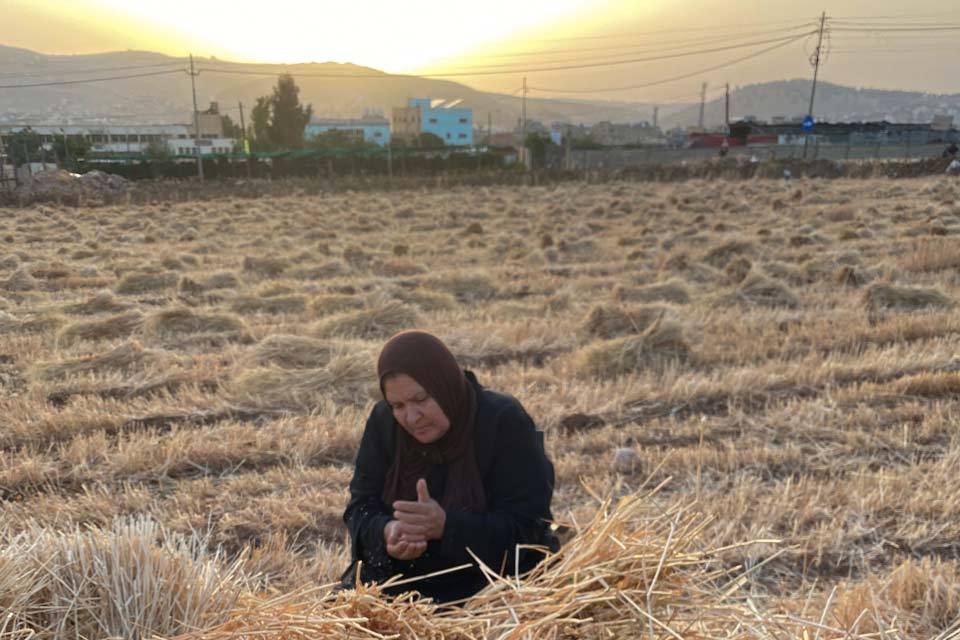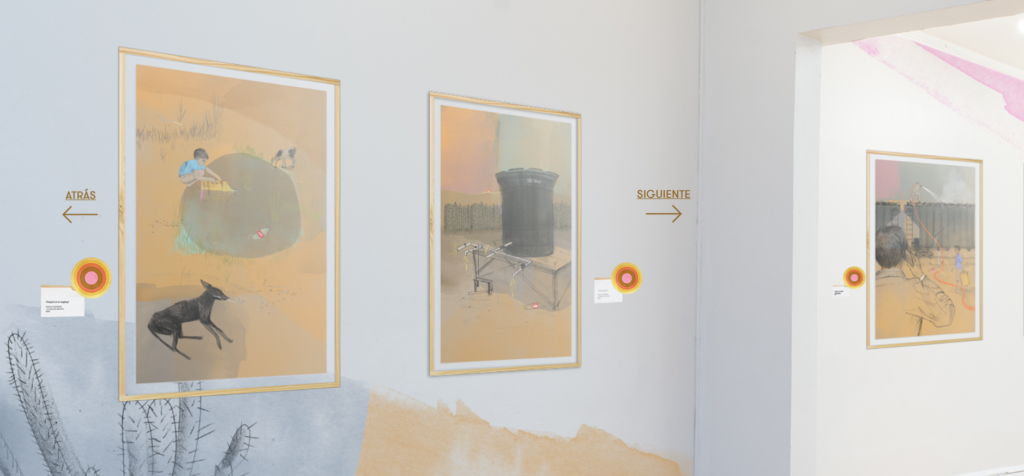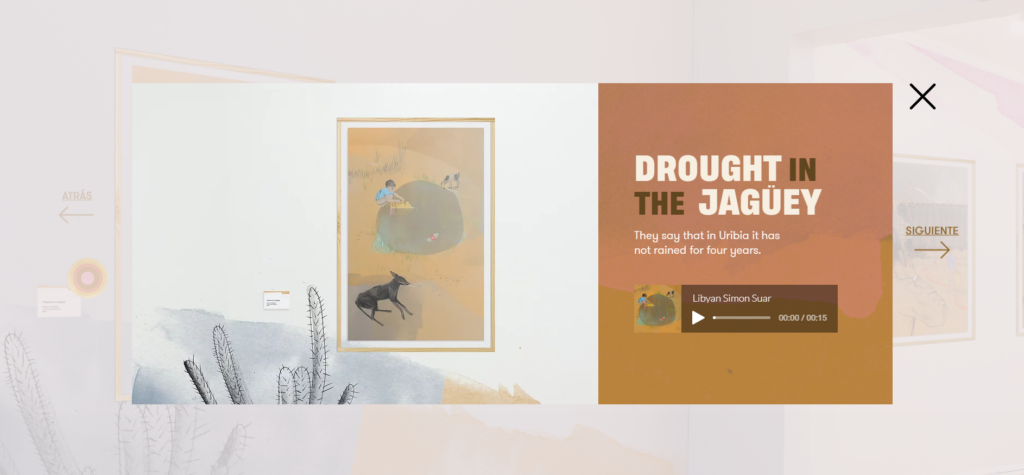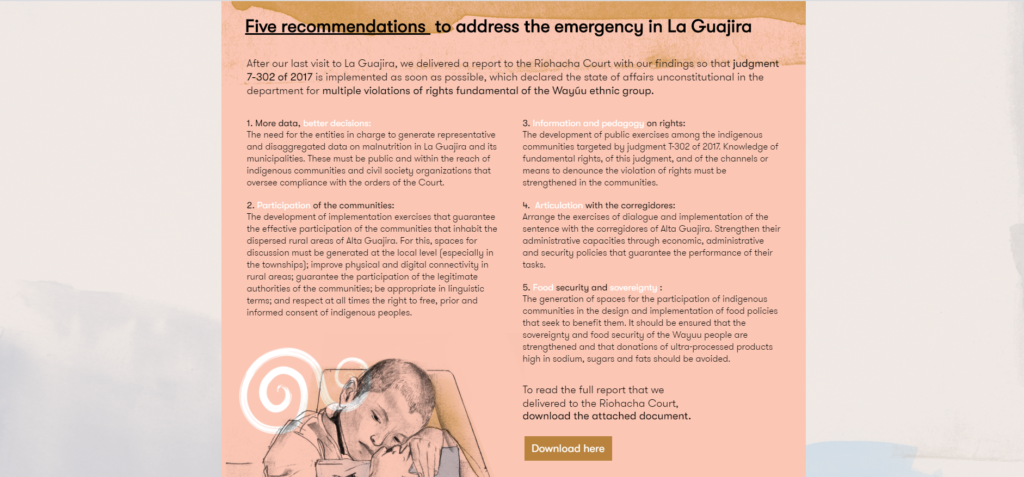 Four Stories researcher Natalia Giraldo Osorio has successfully completed her research on rural Colombian food systems at the Universidad de Antioquia, and her findings are now available. We thank Natalia for her fantastic contributions to Food Sovereignty research, and encourage everyone interested in rural food systems to check out her work! You can also find a slideshow Natalia made at https://www.fourstoriesaboutfood.org/stories-of-rurality-in-el-carmen-de-viboral/.
Four Stories researcher Natalia Giraldo Osorio has successfully completed her research on rural Colombian food systems at the Universidad de Antioquia, and her findings are now available. We thank Natalia for her fantastic contributions to Food Sovereignty research, and encourage everyone interested in rural food systems to check out her work! You can also find a slideshow Natalia made at https://www.fourstoriesaboutfood.org/stories-of-rurality-in-el-carmen-de-viboral/.
Title: El territorio visto como una colcha de retazos: Transiciones de la Ruralidad y los Sistemas Alimentarios en el municipio de El Carmen de Viboral.
Abstract: In this degree work I make an ethnographic description of the transformations of rurality in the municipality of El Carmen de Viboral and its repercussions on the food system. The methodology used in this study was an intimate ethnography, where I carried out life stories and interviews with my relatives, friends, and close acquaintances, complemented with territorial tours, archive review, participant observation, a visual field diary, embroidered cartographies and maps of food routes. I found through this thesis that the great changes that, since the mid-twentieth century, have been taking place in the municipality have generated unprecedented transformations for food systems and rurality, where both phenomena influence and have mutual repercussions. In the same way, rurality today, together with food systems, cannot be seen through dichotomous contrasts; rather they are permeated by an amalgam of dynamics, appropriations and actors that, like a patchwork quilt, configure the territory in more complex and diverse ways every day.
Keywords: Rurality, Food Systems, Transitions, Intimate Ethnography, El Carmen de Viboral
Resumen: En este trabajo de grado hago una descripción etnográfica de las transformaciones de la ruralidad en el municipio de El Carmen de Viboral y sus repercusiones en el sistema alimentario. La metodología empleada en este estudio fue una etnografía íntima donde realicé historias de vida y entrevistas a mis familiares, amigos, cercanos y conocidos, complementada con recorridos territoriales, revisión de archivo, observación participante, un diario de campo visual, cartografías bordadas y mapas de las rutas de los alimentos. Encontré a través de esta tesis que los grandes cambios que, desde mediados del siglo XX, se vienen gestando en el municipio han generado transformaciones sin precedentes para los sistemas alimentarios y para la ruralidad, donde ambos fenómenos se influyen y repercuten mutuamente. De igual forma, la ruralidad en la actualidad, junto a los sistemas alimentarios, no se pueden ver desde contrastes dicotómicos, más bien están permeados por una amalgama de dinámicas, apropiaciones y actores que como una colcha de retazos van configurando el territorio de forma más compleja y diversa cada día.
Palabras clave: Ruralidad, Sistemas Alimentarios, Transiciones, Etnografía íntima, El Carmen de Viboral
Download here: Natalia Osorio, El territorio visto como una colcha de retazos






